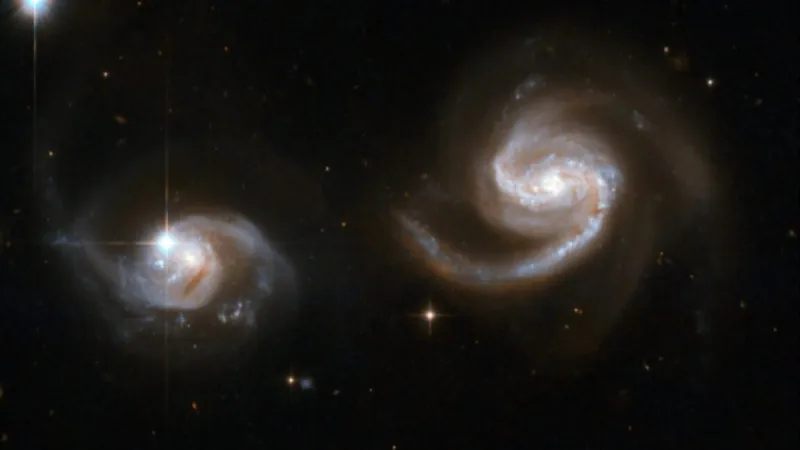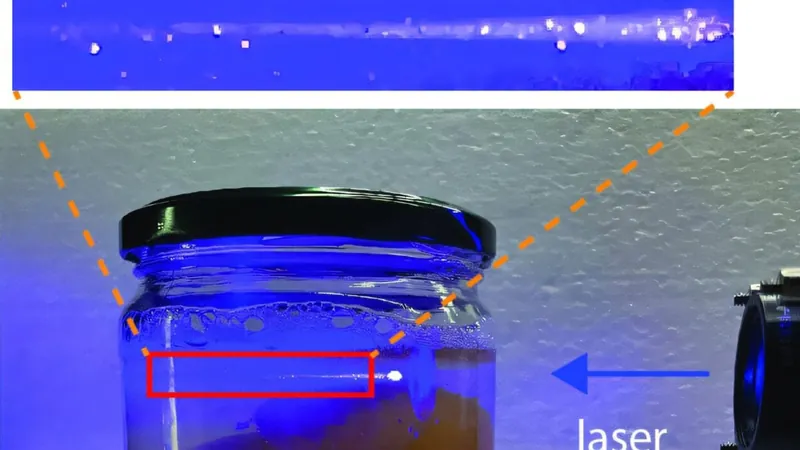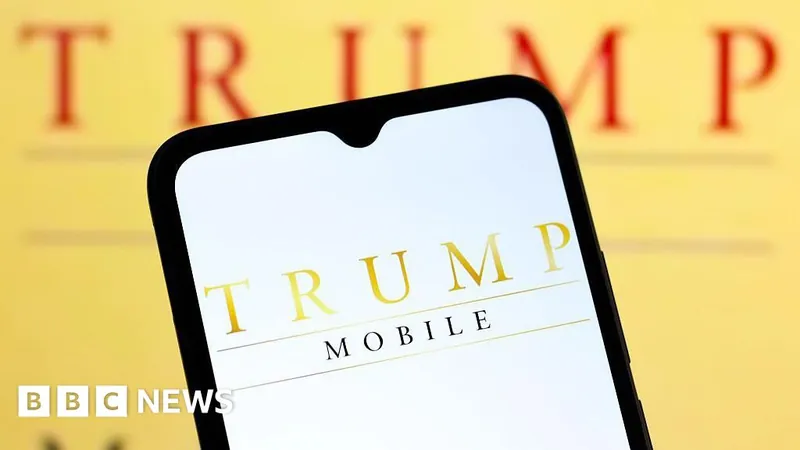
Are We Off the Hook? New Data Suggests Milky Way Might NOT Collide with Andromeda!
2025-06-03
Author: Ming
For over a century, astronomers have warned that the Milky Way galaxy is on a collision course with the Andromeda galaxy, set to merge in the next 5 billion years. However, groundbreaking new research published in Nature Astronomy throws a curveball into this cosmic narrative.
The latest analysis suggests that the probability of a galactic collision is now more like a coin flip! Researchers conclude that there’s about a 50% chance that our Milky Way and Andromeda will avoid merging over the next 10 billion years.
Understanding the Local Group Cosmos
Both the Milky Way and Andromeda belong to the Local Group, which encompasses several other smaller galaxies, as well as vast amounts of dark matter that shape our universe according to the standard cosmological model.
Past mergers have already scarred both galaxies. The study highlights that calculating future mergers requires precise knowledge of the current positions, velocities, and masses of interacting galaxies, along with the complex dynamics of gravitational forces.
Innovative Simulation Techniques Reveal Surprising Results
Combining data from the Hubble Space Telescope and the European Space Agency’s Gaia telescope, researchers conducted an astounding 100,000 Monte Carlo simulations, analyzing the entire Local Group system. The findings? A roughly equal chance of collision versus avoidance for our galaxies.
Interestingly, there's still a 2% chance of a collision within the next 4 to 5 billion years, but overall, the fate of our galaxy remains uncertain!
Competing Forces at Play
Two additional galaxies, M33 and the Large Magellanic Cloud (LMC), influence this cosmic drama. Interestingly, M33’s gravity increases the risk of a collision, yet the LMC's orbit acts as a stabilizing force, running perpendicular to the Milky Way-Andromeda trajectory.
Co-author Till Sawala from the University of Helsinki remarks, "The Milky Way and Andromeda could still pass each other without crashing. While M33 pulls us closer, the LMC nudges us away from a head-on encounter. So, while merging isn't off the table, it’s less likely than before!"
Textbooks at the Ready? Not Just Yet!
So, should we rewrite our textbooks? Not quite yet—scientists need more data and analyses to confirm these exciting findings. Sawala notes, "Ironically, even with improved Hubble data, our predictions are cloudier than before due to the complexity of the interactions we're considering. Better data is key to clarifying the ultimate fate of the Milky Way."
So, while the future of our galaxy remains open-ended, one thing's for sure: the mysteries of the universe continue to unfold!





 Brasil (PT)
Brasil (PT)
 Canada (EN)
Canada (EN)
 Chile (ES)
Chile (ES)
 Česko (CS)
Česko (CS)
 대한민국 (KO)
대한민국 (KO)
 España (ES)
España (ES)
 France (FR)
France (FR)
 Hong Kong (EN)
Hong Kong (EN)
 Italia (IT)
Italia (IT)
 日本 (JA)
日本 (JA)
 Magyarország (HU)
Magyarország (HU)
 Norge (NO)
Norge (NO)
 Polska (PL)
Polska (PL)
 Schweiz (DE)
Schweiz (DE)
 Singapore (EN)
Singapore (EN)
 Sverige (SV)
Sverige (SV)
 Suomi (FI)
Suomi (FI)
 Türkiye (TR)
Türkiye (TR)
 الإمارات العربية المتحدة (AR)
الإمارات العربية المتحدة (AR)